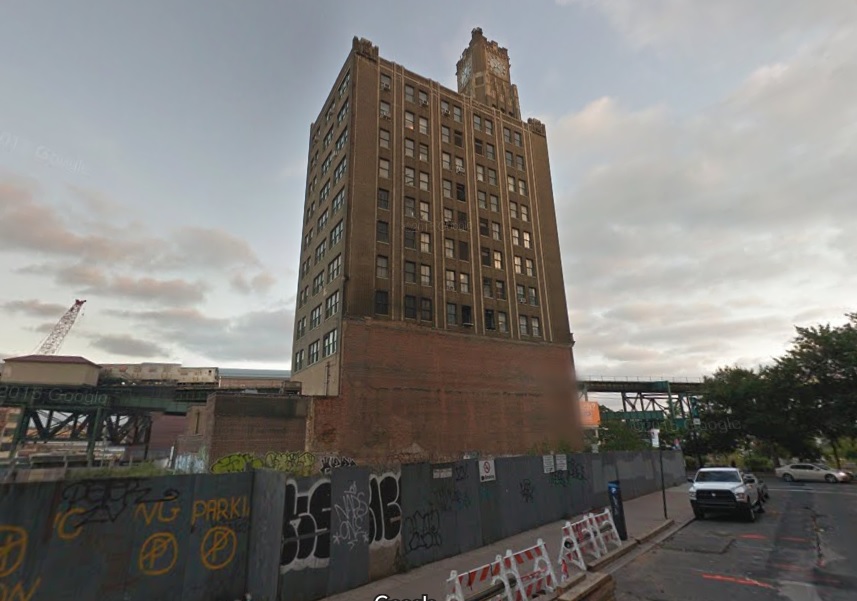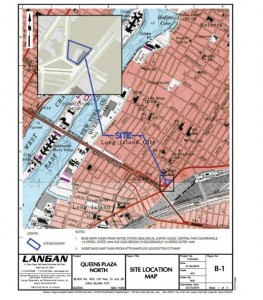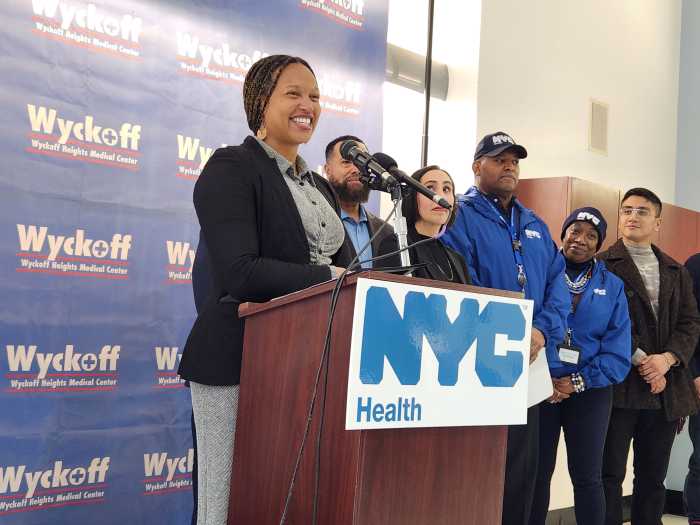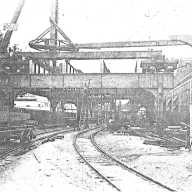Several assessments of two sites at 29-37 41st Ave. and 29-27 Queens Plaza North in Long Island City uncovered tanks of fuel and soil laced with hazardous concentrations of lead, metals and pesticides, according to a report by the Department of Environmental Conservation (DEC).
The agency is proposing an expedited cleanup of the sites and is asking for public comments, which will be collected from Dec. 21 until Jan. 21. The cleanup is a part of the Brownfield Cleanup Program and will be conducted by Langan Engineering and will be overseen by the DEC and Department of Health.
Currently, the property at 29-37 41st Ave. is occupied by a 10-story, 12,600 square foot commercial office building that includes a parking lot. The other site, at 29-37 41st Ave., is a 16,900 square foot vacant parcel covered with gravel, sand, construction debris and an overgrowth of weeds.
In 2006, the removal of a 550-gallon gasoline underground storage tank caused on on-site spill and as a result, a 2014 report found “slightly elevated levels of semi-volatile organic compounds” in the soil at 29-27 Queens Plaza North. The compounds include Benzo[a]pyrene, a hydrocarbon found in coal tar that is highly carcinogenic. The report also found that a 5,000- gallon fuel oil above ground storage tank is located in the cellar of the building along with asbestos throughout several parts of the building.
Another report conducted last year found multiple metals, pesticides and semi-volatile organic compounds at concentrations above state codes and lead concentrations above Hazard Waste Regulations.
An automotive repair shop and painting facility was previously located at 29-37 41st Ave. from 1936 to 1970, which may have caused “leakage or spillage of petroleum products or solvents associated with the gasoline tanks and facility operations” that could have adversely impacted soil and ground water.
The plan would include removing fuel oil ports and storage tanks at the site. Langan Engineering would also preform excavation and off-site disposal of soil with hazardous concentrations of lead, semivolatile organic compounds and metals. After this excavation, soil samples will be collected to confirm that all contaminated soil is removed.
The plan is public and will be tweaked according to public comments. MD Hoque, the project manager at the DEC, said in an email that comments can include concerns about “environments, public health and traffic interruptions, etc.”




































